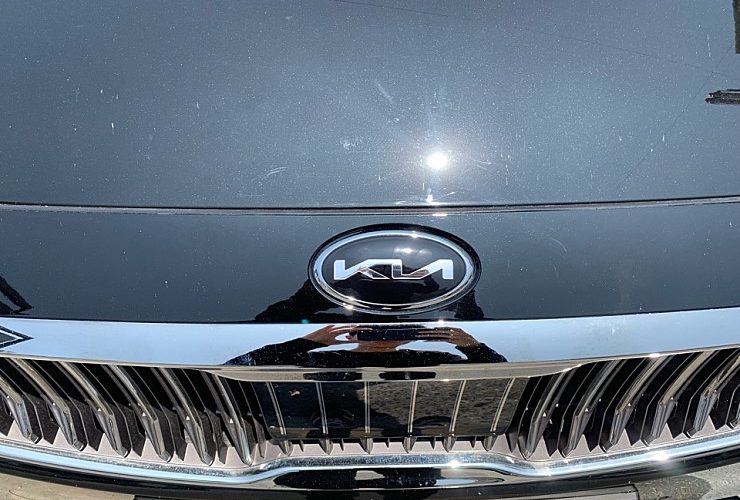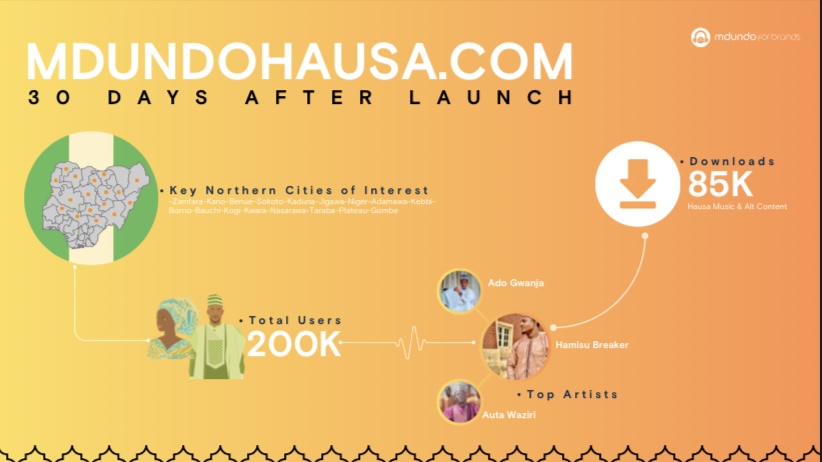Africa’s automotive market is relatively small. According to Deloitte Global Automotive, an auto research firm that has a leading presence in the automotive industry across the world, which provides services to 80% of the Fortune 500 automotive companies, in 2014, there were just over 42.5 million registered vehicles in use in Africa, a continent of approximately 1.3 billion people.
Specifically, according to the National Bureau of Statistics (NBS) data, Nigeria had a total vehicle population of about 11,547,236 in 2017. For an economy with an estimated population of 200 million people, a total motor vehicle of just 11.5 million appears to be very small, representing just 0.06 vehicle per person.
Deloitte Global Automotive report further revealed that motorisation rate on the African continent is only 44 vehicles per 1 000 inhabitants which is far below the global average of 180 vehicles per 1 000 inhabitants, and lower than other developing regions such as Latin America (176) and Developing Asia, Oceania and the Middle East (79). In 2015, approximately 1.55 million new vehicles were sold or registered across Africa.
The report stated that the African continent is the final frontier for the global automotive industry, noting, however, that entering the largely uncharted automotive territories in Africa requires a mix of market insights, patience and a medium- to long-term strategy.
More importantly, the sizeable latent potential of Africa’s automotive market is in the long term and due to limited disposable income and the high cost of new vehicles, second-hand vehicles dominate the continent’s automotive retail sector. Based on Deloitte’s in-market research, out of the three African countries under review (Ethiopia, Kenya, Nigeria), at least 8 out of 10 imported vehicles are used vehicles.
Nigeria, as Africa’s largest economy, presents a sizeable untapped automotive market with the continent’s largest population and relatively high GDP per capita. For this reason, Nigeria has generated the most interest among automotive players as a future market in Africa. Nigeria also has a legacy of having sizeable assembly plants.
Dana Motors Limited, incorporated in 1996 and commencing operations in 2002, is the sole distributor in Nigeria for the world famous Kia brand of vehicles, manufactured by Kia Motors Corporation, South Korea, and one of the world’s fastest-growing automobile companies. With an immense success of introducing to Nigeria the wide range of passenger, commercial and special vehicles, Dana Motors has been gaining quite a sizeable chunk of the country’s market share.
The company has invested in a state-of-the-art workshop, built to the exacting Kia quality standards to ensure efficient and speedy after sales and service. With intensive marketing and advertising, supported by excellent, quality brands, the company has been making deep inroads in Nigeria’s highly competitive market.
In 2015, Kia Motors Nigeria made good on its promise to start production of vehicles in Nigeria with the inauguration of the Kia assembly plant in Lagos. According to the brand owners, the move to establish an assembly plant stemmed from the tide of investment aimed at Nigeria to key into the country’s automotive policy.
In a 2016 study, Kia was the 69th most valuable brand in the world. The Korean manufacturer’s estimated brand value grew from US$5.7 billion in 2015 to US$6.3 billion in 2016 which represented a seven-fold increase since 2006, the year in which the brand declared design-driven management as a key strategy behind the company’s future growth.
Up until now, the unprecedented stride of the KIA brand in the automobile industry in Nigeria has continued to outpace the competition in offering best-in-class automotive technology to its customers. True to its brand promise, Kia has started its Nigerian production of vehicles with models, including Rio, Cerato, Optima, Sorento and Soul.
In 2017, KIA Motors Nigeria recorded increased sales with over 200 per cent year-on-year sales from 2016. According to the company, the increased sales followed the country’s economic recovery from the recession that had hitherto stagnated all the sectors of the economy particularly, car sales in 2016. The business strategy and the extensive customer-based sales and service programmes broke the ice and paved way for a record high year-on-year sales.
Following a global unveiling, Kia Motors Nigeria recently launched a new corporate logo and global brand slogan that signify its audacious repositioning and unique brand purpose. The introduction of the new logo represents Kia’s ambitions to establish a leadership position in the future mobility industry by revamping nearly all facets of its business.
The logo, according KIA, is a symbol of its new brand purpose and the values it promises to offer customers through future products and services, and the experiences these enable. In the words of Ho Sung Song, Kia’s President and CEO: “Kia’s new logo represents the company’s commitment to becoming an icon for change and innovation. The automotive industry is experiencing a period of rapid transformation, and Kia is proactively shaping and adapting to these changes.”
The launch of the new logo followed the announcement of Kia’s ‘Plan S’ long-term business strategy in 2020. Under Plan S, Kia said it has, among other objectives, the ambition to take a leading position in the global car market.
Kia also hinted that it is focused on popularising electric vehicles and introducing a broad range of mobility services, tailored to meet the needs and tastes of individuals and local markets. Based on the foregoing report and analysis, Kia is one of the brands to watch in 2021.







Comment
No comments found.